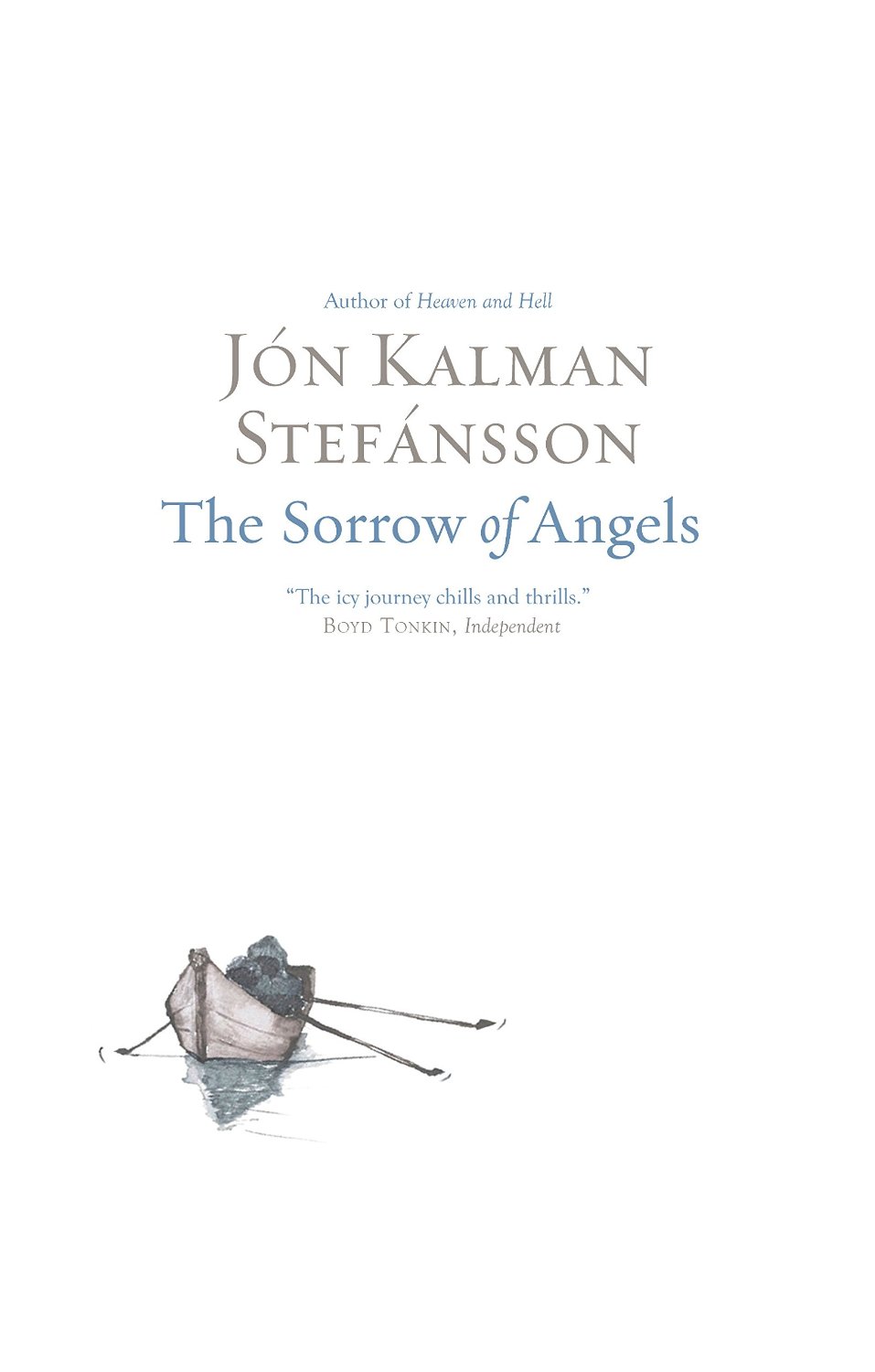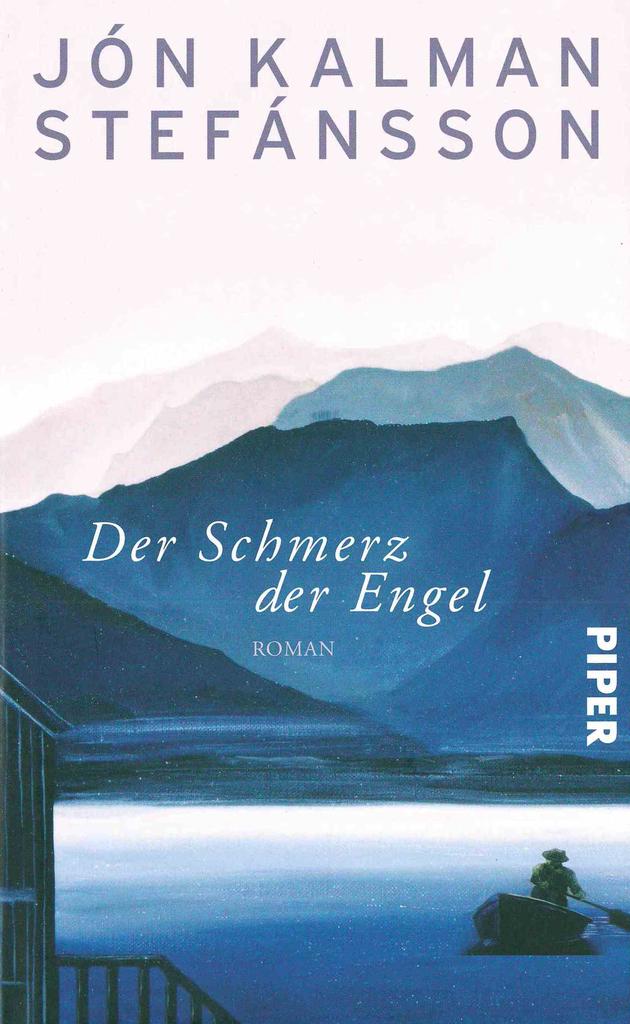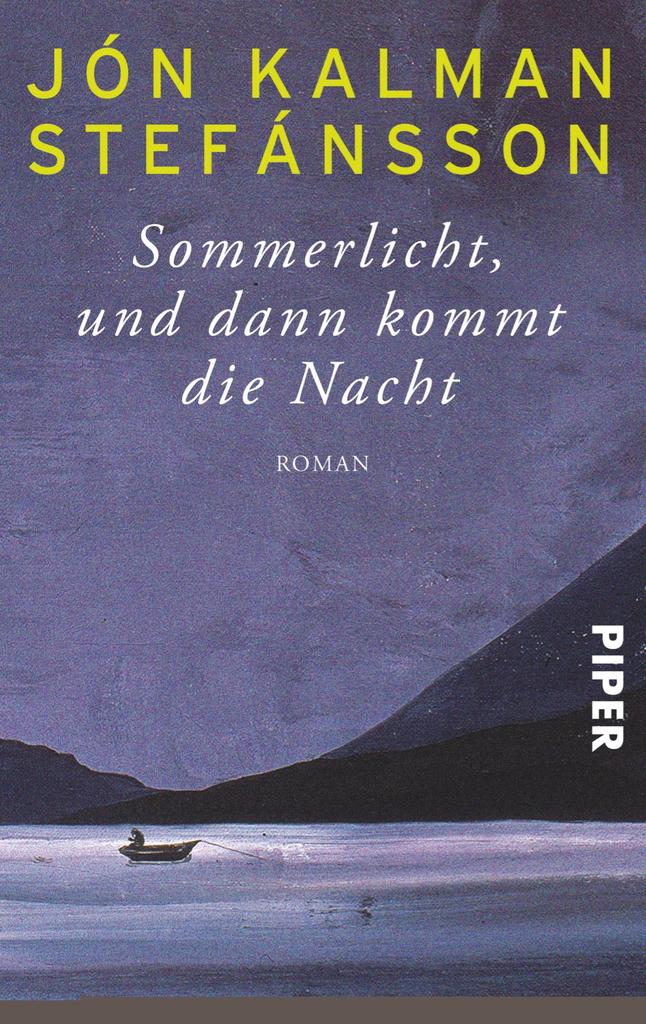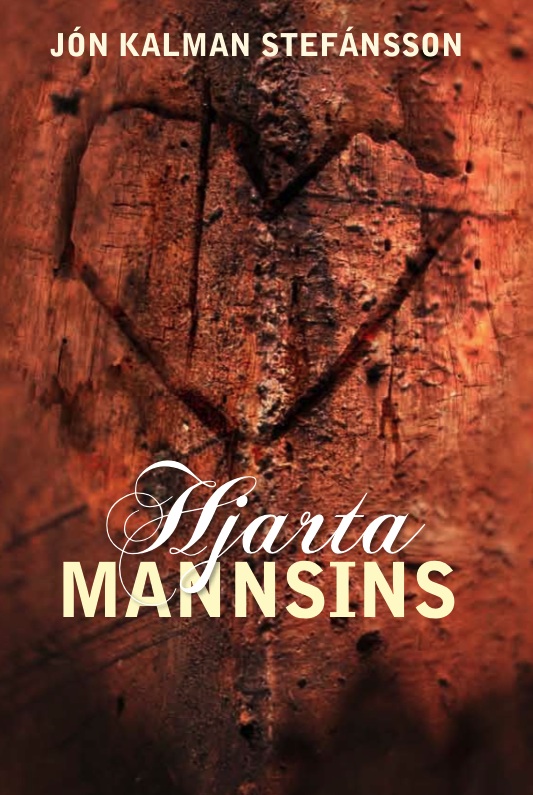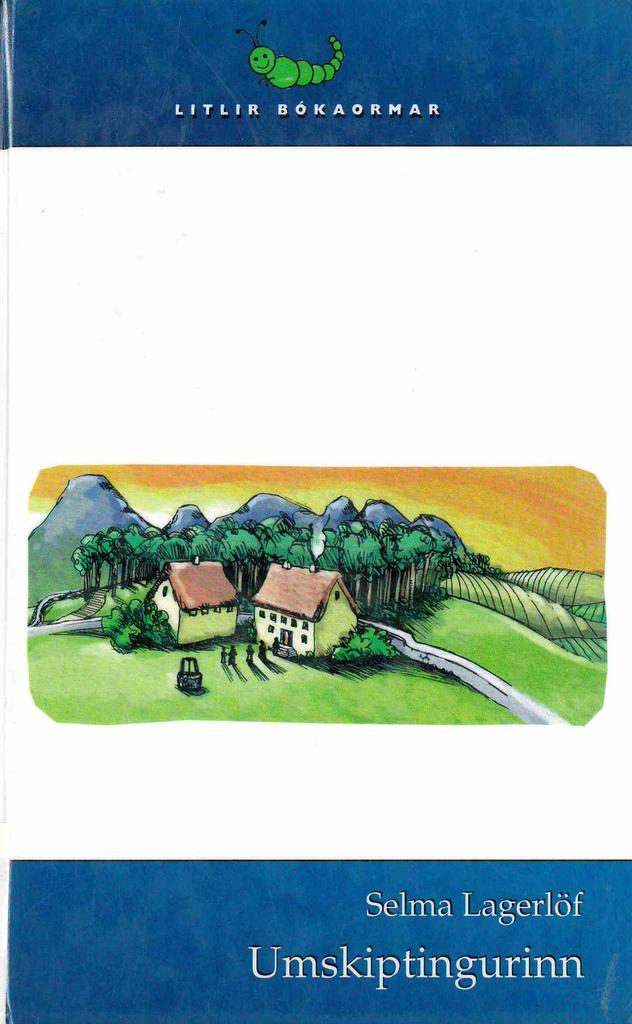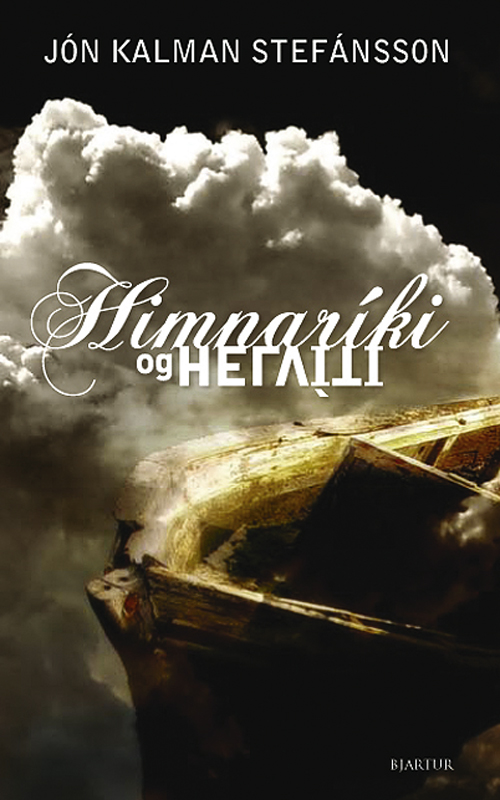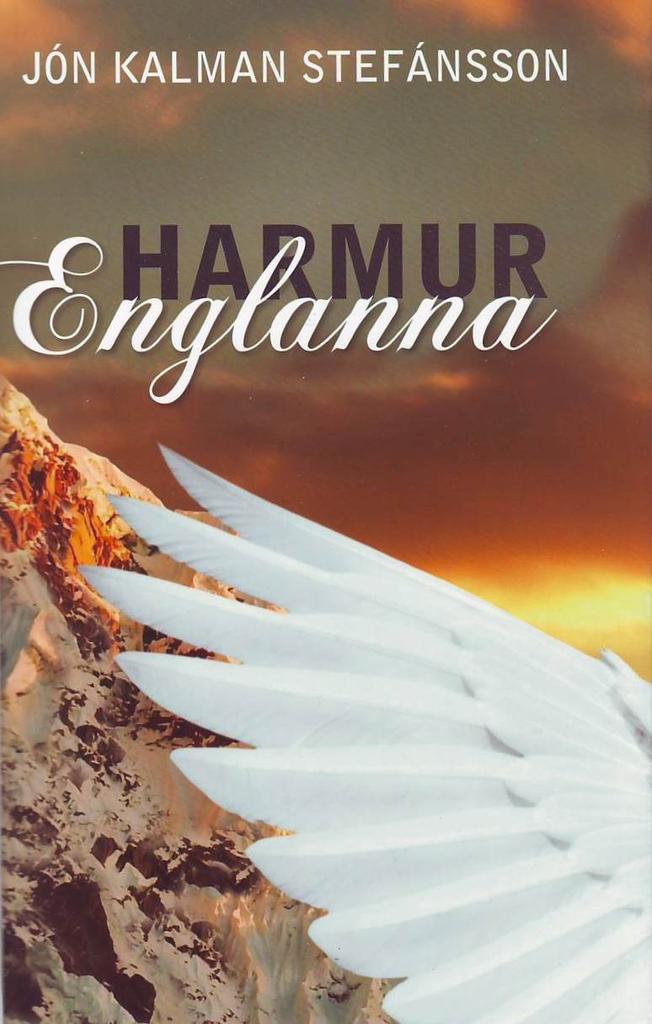The novel Harmur englanna translated to English by Philip Roughton.
The second part of a trilogy, the first and third parts being Heaven and Hell (Himnaríki og helvíti) and The Human Heart (Hjarta mannsins).
About the book:
It is three weeks since the boy came to town, carrying a book of poetry to return to the old sea captain-the poetry Bárour died for. Three weeks, but already Bárour's ghost has faded. Snow falls so heavily that it binds heaven and earth together.
As the villagers gather in the inn to drink schnapps and coffee while the boy reads to them from Hamlet, Jens the postman stumbles in half-dead, having almost frozen to his horse. On his next journey to the fjords Jens is accompanied by the boy, and both must risk their lives for each other, and for an unusual item of mail.
From the book:
Kolbeinn grunts when he hears Helga and the boy approaching, contorts his face, which is covered with lines and deep grooves from the lashes of life and his right hand moves slowly across the table, feels its way forward like a weak-sighted dog, pushes aside the empty coffee cup and glides over the cover of a book before his expression slackens suddenly, fiction doesn’t make us modest, but sincere, that’s its nature and that’s why it can be an important power. Kolbeinn’s expression hardens when the boy and Helga enter the Café, but he continues to rest his hand on the book, Othello, in the translation of Matthías Jochumsson. “Be still, hands” Both you, my men and the rest; were it my task to fight, I could perform it without prompting.” Helga had thrown on a thick, blue shawl; she and the boy walk past Kolbeinn, who pretends not to be interested in anything, and then they’re outside. Helga looks down at Jens and the horses, all three nearly unrecognizable, white and icy. Why don’t you come in, man? she asks, somewhat sharply. Jens looks up at her and says apologetically: To tel the truth, I’m frozen to the horse.
Jens generally chooses his words carefully, and is, what’s more, particularly reticent just after finishing a long and difficult winter delivery trip; what’s a person supposed to do with words in a blizzard anyway, up on a stormy field and all directions lost? And when he says that he’s frozen to the horse, he means it; then the words are completely transparent and hide no meanings, no shadows, as words are wont to do. I’m frozen fast to the horse: which means that the last large stream that he crossed, around three hours ago, concealed its depth in the darkness of the storm; Jens was soaked from his knees down yet the horse is tall, the April frost clamped around them in a second, horse and man froze together so tightly that Jens couldn’t move a muscle, couldn’t dismount and had let the horse scrape at the lowest step in order to announce their arrival.
